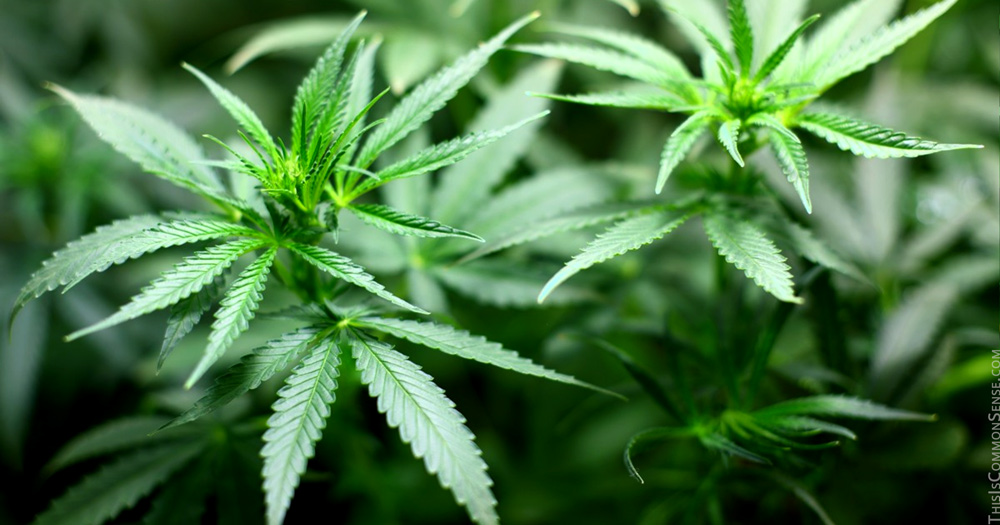Hemp is not marijuana.
And yet it is.
Earlier this week, Senate Majority Leader Mitch McConnell announced he will introduce legislation to legalize industrial hemp.
He is not concerning himself with marijuana, which is what we call the plant Cannabis sativa when cultivated for its Tetrahydrocannabinol (THC) content, the principal chemical in the plant that makes it ideal for “recreational” uses. Industrial hemp is Cannabis sativa, too, just with minuscule THC.
Hemp products are actually legal to buy and sell in the United States.
Sort of.
But growing it is murky, considering that ingestible hemp is a Schedule 1 drug no matter how little THC it has — despite the fact that Congress has allowed states to regulate the growth of low-THC hemp for “industrial” purposes.
A complicating factor is that industrial hemp contains an oil, Cannabidiol (CBD), which is neither an ecstatic nor a hallucinogenic drug, but is widely believed to have many therapeutic powers. And is widely sold all over the country, wherever states have allowed for medical marijuana.
Nevertheless the DEA objects to it as much as to THC, saying that all ingestible forms of hemp are illegal.
Because of all this murkiness, McConnell’s bill might seem to be welcome step towards clarity.
Trouble is, since industrial hemp is indistinguishable from cannabis with THC — to look at; to smell; to touch — officials hoping to crack down on marijuana-as-a-psychoactive-drug would be much hampered were industrial hemp commonly and legally grown.
What a mess. The only real solution is to de-list all forms of Cannabis sativa from the War on Drug’s Schedule of Drugs It Unconstitutionally Proscribes.
This is Common Sense. I’m Paul Jacob.


3 replies on “High on Hemp?”
I’ve always considered it interesting that absolutely everyone accepted that the only possible way the federal government could legitimately prohibit alcohol was by a Constitutional Amendment. Then, only a few years later, that same federal government arrogated to itself the authority to regulate and prohibit the production, ingestion, and possession of a broad assortment of plants and chemicals without even a nod to the Constitution. Even today, hardly anyone seems to raise the issue. One has to wonder if they’re all on drugs.
“One has to wonder if they’re all on drugs.”
They are. They’re addicted to the most irresistible drug of all: power.
Great minds think alike! See Paul’s weekend column at Townhall for this exact point (among others).